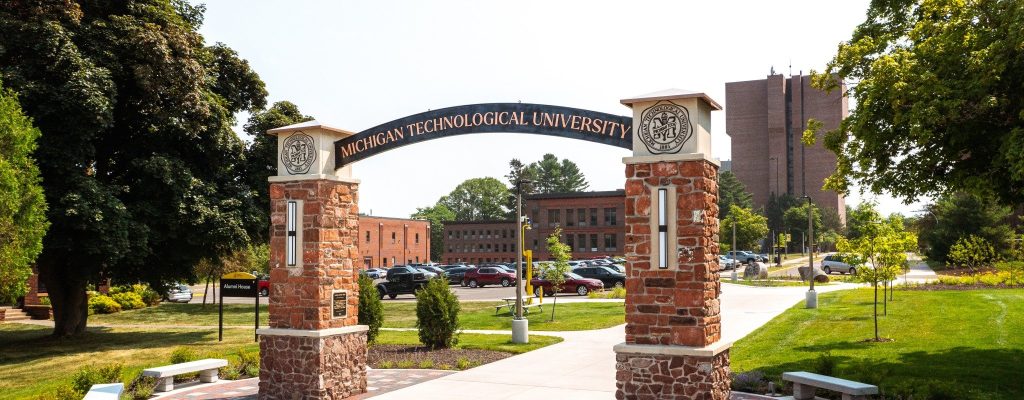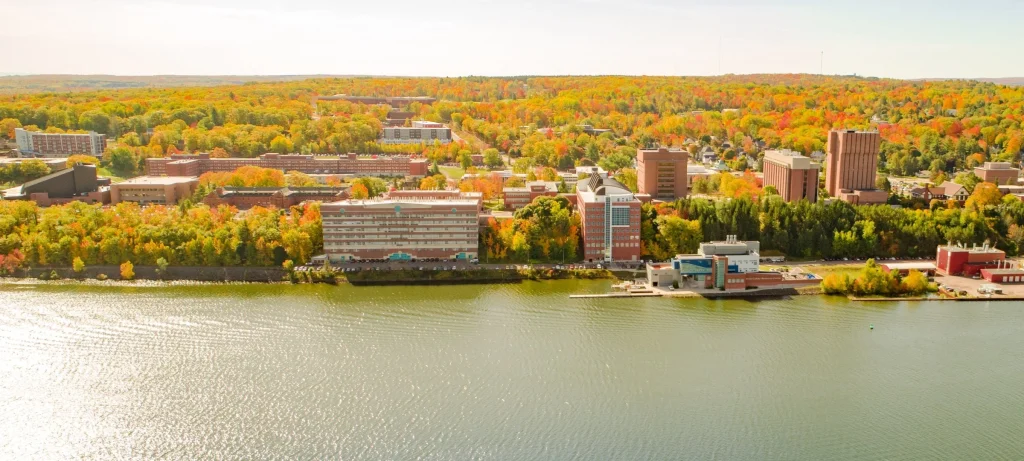
Going to college is a big decision, and choosing the right school can feel overwhelming. Finding the perfect program takes time, but you’re not alone in the process. Below, you’ll find helpful tips from college students on selecting the right school and choosing a major that fits your goals.
Finding Your Place
Choosing the right school can be tough, and attending a college that doesn’t feel like the right fit can make the experience much harder. One effective way to determine if a college is right for you is by taking a campus tour. Tours provide a detailed look at the campus and offer a glimpse into what life at that school would be like. As you consider your options, here are a few key factors to keep in mind.
- Location:
- Is the college in-state or out of state?
- Attending an out-of-state college can increase tuition costs, so it’s important to consider this when exploring options. Some schools offer scholarships to out-of-state students, which can help bring the cost closer to in-state rates, so keep an eye out for those opportunities.
- What is the weather like in the area?
- Harsh weather can make commuting to class difficult, especially if you’re not used to extreme conditions. It’s a good idea to research the average weather throughout the year to determine if you’ll be comfortable living in that climate for the next 3-5 years.
- Where is the campus located?
- Some colleges are situated in large cities, while others are located in more rural areas. If you prefer city life, or if you’re not fond of rural environments, this could play a significant role in whether or not a college is right for you.
- Housing
- Housing is an important part of your college decision, and options can vary depending on the school and your year in college. Understanding the differences between on-campus housing, off-campus housing, and commuting can help you make a more informed choice.
- On-Campus Housing
Many students live on campus during their first year. Dorms are typically close to classes, dining halls, and campus activities, which can make the transition to college easier. Space is often limited, so applications may open months in advance. Be sure to check deadlines early. - Off-Campus Housing
After the first year, many students choose to move into apartments or shared houses. Off-campus housing often requires signing a lease several months in advance. When budgeting, remember to consider rent, utilities, internet, groceries, and transportation. - Commuting from Home
Some students live at home and commute, especially if attending a nearby university or community college. This can significantly reduce costs, but it’s important to consider transportation time and schedule flexibility. - Transportation & Parking
Before choosing housing, look into transportation options. Some schools offer shuttle systems, while others may require parking permits. Parking on campus can be limited or expensive, so understanding your transportation plan ahead of time is important. - Tip: Start researching housing options early; many students begin looking 4–8 months before the school year begins.
- Is the college in-state or out of state?

- Campus Life:
- How active is campus life?
- Campus life can vary greatly from school to school. Some colleges have a vibrant campus with events, activities, and social gatherings happening throughout the week, while others have a quieter, more laid-back atmosphere. Both experiences can be rewarding, but it’s important to think about what type of environment you’d enjoy most. Consider how you want to spend your time outside of class an studying when choosing a school.
- Athletics
- What are the school’s athletics programs like? Some schools have large athletic programs, and others do not. If sports are important to you, it may be better to go to a larger school, but smaller schools with less emphasis on the athletics programs can be fun as well.
- Campus surrounding areas
- What is there to do outside of campus in the close vicinity? Some schools have a lot to do just outside of campus, others have most of the activities on campus. Take a look at the surrounding area and see what there is to do off-campus. It is also important to look at the safety of the areas around campus, especially for campuses located in larger cities.
- How active is campus life?

- Degree Programs
- What degree programs does the school offer?
- Choosing a degree can be difficult. Often students may switch degrees part of the way through their schooling. If you know exactly what you want to do, choosing a school with fewer degree options can work, but if you haven’t decided on a degree path yet, it may be better to find a school that offers more of a variety of paths.
- Advising & student-teacher ratio
- How many advisors does your program have? If your degree path has a large amount of students, and only a few advisors, finding an appointment can be incredibly challenging. likewise, a lot of general education credits are large, lecture hall-style classes with hundreds of students in them. This can make finding office hours for professors difficult, as they have a lot of students to speak with. When choosing a college, think about how you learn best, and if a smaller class size is important to you, it may be beneficial to choose a smaller school.
- Internship & Career Fair opportunities
- Internships are often very important to finding a job after college, as they are great for both gaining valuable experience and making connections in the workforce. Getting an internship early on can be challenging, especially if your school does not have Career Fairs or anything similar. Look into the post-graduate employment rates for your school, as well as how they have their career services set up.
- Accreditation:
- It is a good idea to check if the school you are looking at is accredited to the program you want. Accreditation ensures that the university meets certain academic standards and enhances the credibility of your degree.
- What degree programs does the school offer?
